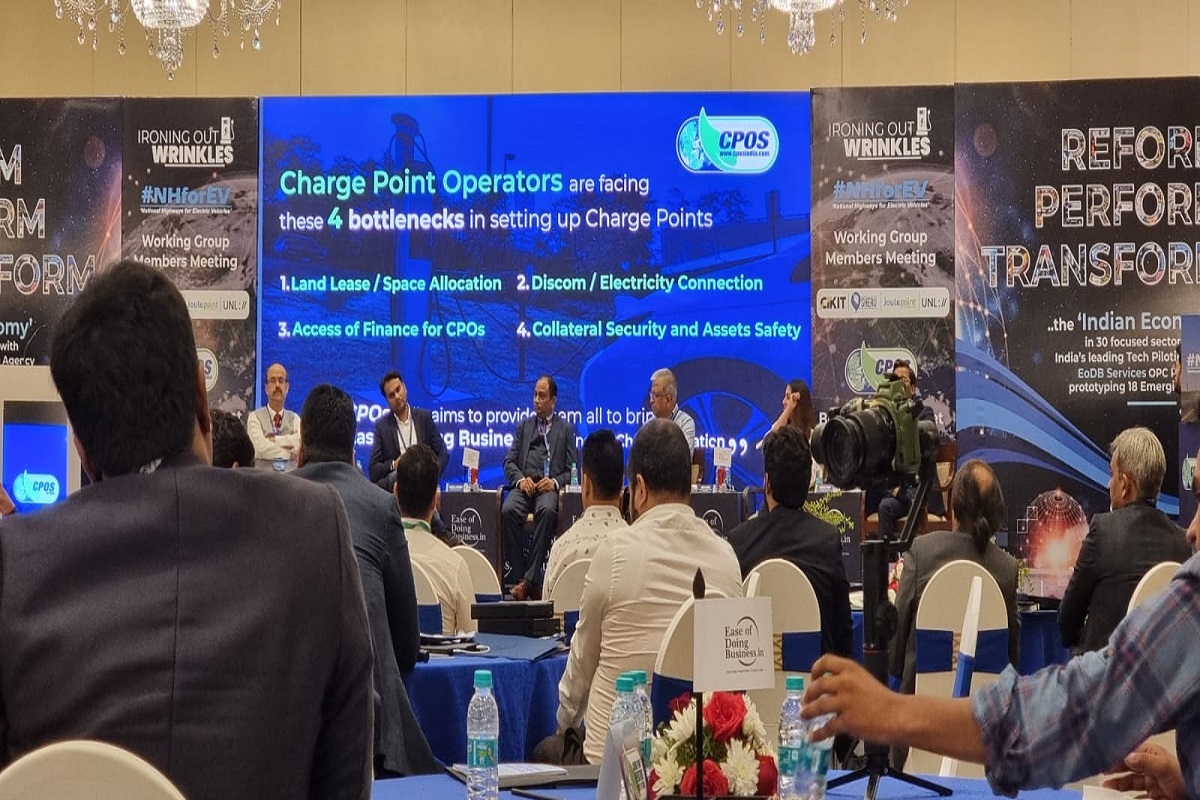With news pouring in about number of electric vehicles catching fire, the National Highways for Electric Vehicles (NHEV) during a meeting organized to brainstorm issues related to battery safety came up with 12 recommendations.
The NHEV organized a meeting to brainstorm the issues related to ease of doing business and battery safety & swapping in electric vehicles in India in which it recommended Real time identification of batteries and their current ownership details with Unique Identification (UID).
It also recommended transparency in information exchange to the customers regarding the EV batteries, components and third-party damage coverage, user discretion regarding sharing their location & privacy, and ascertaining the financial stability of battery OEM to ensure the after sales service and assistance during the battering life.
“Besides, technical recommendations include the provision of black-box like feature to monitor the battery systems and identifying the issues that lead to battery failure, mandatory digital connectivity of the battery through e-sim or other means, monitoring the battery performance & battery recall in case of fault identification, and high accelerated lifetime testing (HALT) for critical battery performance and operating parameters,” the NHEV recommended.
Four recommendations regarding regulatory aspects were also made. These are identification of battery failure issues, volatile thermal behavior and associated risks with an identification device to understand the root cause of failure, real-time verifiable exchange value for battery swapping, net metering of charging stations from DISCOMs, and financing (by bank and NBFCs) of only those batteries that meet government standardization.
The meeting was attended by Abhijeet Sinha National Project Director NHEV, V.K. Saraswat Member Niti Aayog & and various members of NHEV Knowledge group & World Economic forum.
Elaborating further on the developments Abhijeet Sinha, said, “I am glad to see the NHEVs will do tech trail on Delhi Jaipur Expressway on 9 September 2o22. We are committed to bring Ease of Doing Business in the E-mobility sector with on ground pilots to inculcate ground realities for policies. Today NHEV Working Group decided to place these 12 recommendations before the policy think tank and govt along with 4 new short-term pilots announced.”
He further said, “Charge Point Operator’s Society (CPOS of India) also passed the proposal in Its Board Meeting to make central Delhi district a model district to address 4 bottlenecks which shall further be made available to all CPOs of India.”
In another meeting which was held by the Charge Point operator’s (CPO) society, it was announced that 4000-5000 EV chargers be installed at 2000 locations in the central Delhi district.
The idea is to develop the central Delhi district as India’s model district for Ease of Doing Business by making E-Mobility infrastructure easily accessible thus facilitating smooth business. The CPO society had recommended this to remove the bottlenecks in the E-Mobility sector. The charging points will be installed by Joulepoint at locations like apartment buildings, malls, RWAs and hotels.












